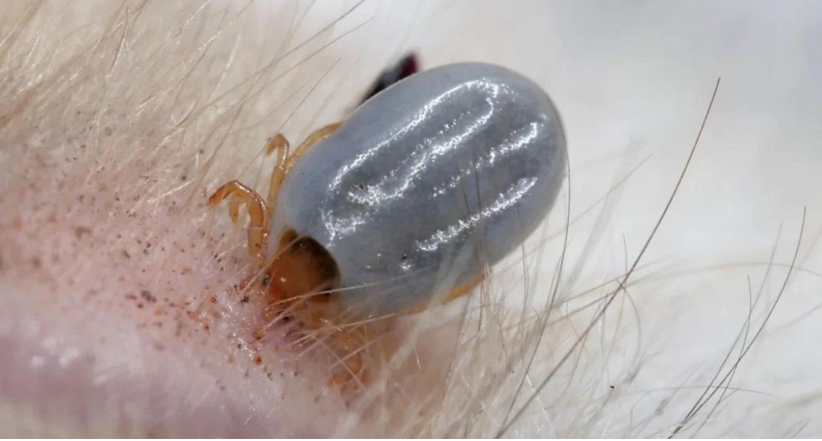Paralysis ticks are one of the most dangerous threats to pets in Queensland and we’re already seeing cases in our region, including Middlemount. With the warmer months upon us, it’s vital for pet owners to know the signs, risks, and best prevention strategies.
What is Tick Paralysis?
Paralysis ticks (Ixodes holocyclus) are common throughout Queensland and can be life-threatening. They attach to dogs, cats, and even livestock, feeding on blood while releasing a potent toxin. This toxin attacks the nervous system, causing progressive paralysis that, if untreated, can sadly be fatal.
Ticks often attach to the front half of the body - around the head, neck, ears, lips, or under the collar – but they can be found anywhere, including between the toes or around the anus. Pets may have more than one tick, and sometimes large numbers of tiny juvenile ticks latch on at once, causing severe irritation and distress.
Symptoms to Watch For
Early signs can be subtle, but common symptoms include:
-
Loss of appetite – refusing food or eating less
-
Lethargy or weakness – less energy than usual
-
Change in voice – altered bark or meow
-
Gagging, retching, or trouble swallowing
-
Wobbliness or staggering – especially in the back legs
As paralysis progresses, breathing and swallowing muscles may be affected. Without prompt veterinary care, paralysis ticks can be deadly.
How is Tick Paralysis Treated?
Treatment is intensive and tailored to each pet’s condition. Most patients require hospitalisation, as symptoms can worsen even after the tick is removed.
Treatment often includes:
-
Tick antiserum – neutralises the toxin (but doesn’t reverse existing paralysis).
-
Thorough tick removal – every tick must be found and carefully removed, sometimes requiring coat clipping.
-
Supportive care – ranging from IV fluids and anti-nausea medication to oxygen therapy, sedation, or assisted ventilation in severe cases.
-
Nursing support – helping with feeding, toileting, and comfort while strength returns.
Recovery time varies. Some pets improve within 24-48 hours, while others may need several days of intensive care. With timely treatment, most pets make a full recovery.
Prevention is Best
Preventing tick bites is the safest way to protect your pet. Options include annual injections, chews, spot-on treatments, or tick collars.
Other prevention tips:
-
Daily tick checks – run your hands through your pet’s entire coat
-
Keep grass and yards trimmed – reduce tick habitats
-
Be vigilant in high-risk areas – especially coastal and bushy regions
-
Bring in any ticks you find – we can identify them and advise on treatment
Keep Your Pets Safe
At Maraboon Vet Surgery, we strongly encourage all pet owners to stay proactive with tick prevention. If you’re unsure whether your pet’s protection is up to date or notice any concerning signs - please contact us immediately on 4987 6800.
Your pet’s safety is our priority, and we’re here to help keep them happy, healthy, and tick-free this season.
